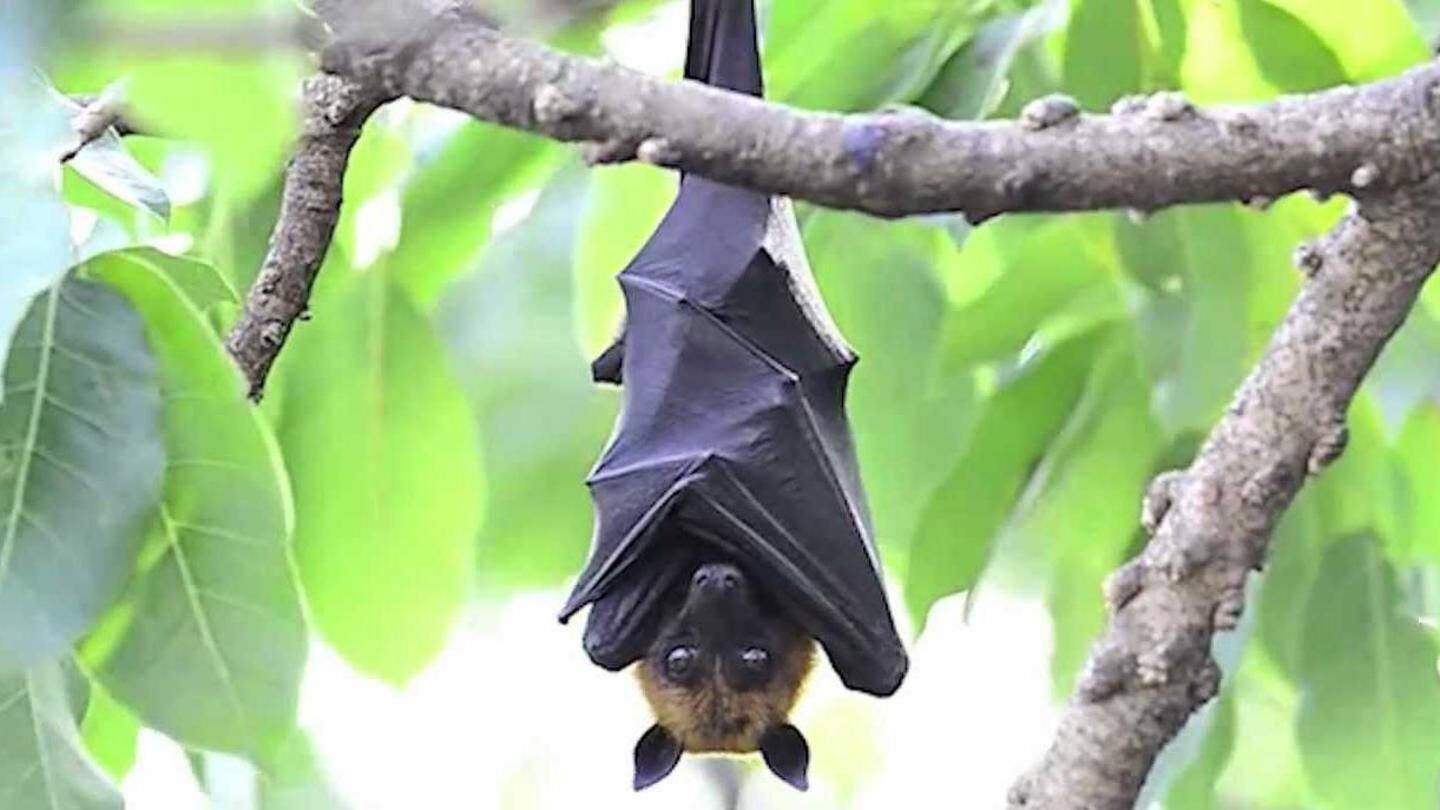
After first test failed, second confirms Nipah outbreak source
What's the story
After weeks, fruit bats have been confirmed as the source of the Nipah outbreak in Kerala, which killed 17 in Kozhikode and Malappuram. In an earlier test, bats from Changaroth village in Kozhikode, the zero point, had tested negative for Nipah, leaving experts confused. But apparently, they were the wrong species, a flaw corrected by testing a second batch.
Information
Species caught for the first test was wrong, experts say
According to an ICMR scientist, the bats trapped and tested in May "were insectivores that do not carry the Nipah virus." But the 55 tested in the second round included fruit bats, which showed "conclusive evidence of Nipah infection," said Health Minister JP Nadda.
Bats
Virus exists in bats without affecting them
Among the different species of fruit bats found in India, Eonycteris Spelaea, Pteropus Giganteus, Cynopterus, Hipposideros Larvatus and Scotophilus Kuhlii are known to carry the Nipah. The virus exists in bats in low levels without affecting them. Some sick bats spread the virus through their poop, saliva and other body fluids, which may infect humans who come in contact.
About
All about the Nipah virus
The Nipah virus was first documented in 1998 in Malaysia, when it left almost 100 people dead. It surfaced in Siliguri (WB) in 2001 and then again in 2007. It is thought to spread by infected pigs and fruit-eating bats, with the latter considered natural carriers of the virus. Human-to-human transmission has also been documented in some cases.
Status
Kozhikode and Malappuram now declared Nipah-free
After the outbreak, dozens of panicky locals abandoned Kozhikode and Malappuram and moved to other districts. But no Nipah cases have been reported here since June 1. Two days ago, they were declared Nipah-free. For this, Nadda thanked "coordinated efforts of all stakeholders- health workers, state government, scientists, researchers and Center." Containment efforts included training hospitals and health workers, contact tracing, and contagion treatment protocols, among others.
Precautions
Here's how you can keep yourself safe
Experts say people in regions far from the outbreak source don't have much to worry about, provided they stay away from there or do not come in contact with an infected person. Maintaining hygiene is prime. Wash your hands regularly, especially before cooking and eating. It's important to cover the faces of people who have died from Nipah so as to prevent it spreading.